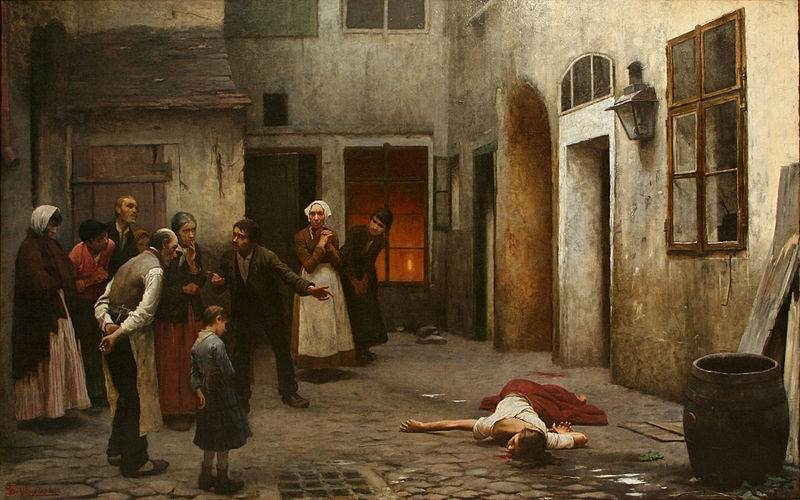Podcast: Play in new window
BOB HIRSHON (host):
The effects of vicarious trauma. I’m Bob Hirshon and this is Science Update.

Seeing someone else harmed – for instance, a soldier witnessing a comrade’s death – may have lasting psychological effects. Virginia Tech neuroscientists Wataru Ito and Alexei Morozov study mice in order to understand how vicarious trauma affects the brain. The researchers have found that when a mouse observes another mouse in pain, it becomes fearful and displays avoidance behaviors. According to Morozov, the secondhand distress also strengthens connections between parts of the brain involved in decision-making and fear.
ALEXEI MOROZOV(Virginia Tech Carilion Research Institute):
Even if we see a stranger being hurt, such situation probably makes us feel that we are also in danger and it can leave a trace in our brain.
HIRSHON:
What’s more, if the mouse already knows the victim – as is often the case on human battlefields – it may also develop symptoms of depression. The findings could contribute to better treatments for conditions such as post-traumatic stress disorder. I’m Bob Hirshon, for AAAS, the science society.
